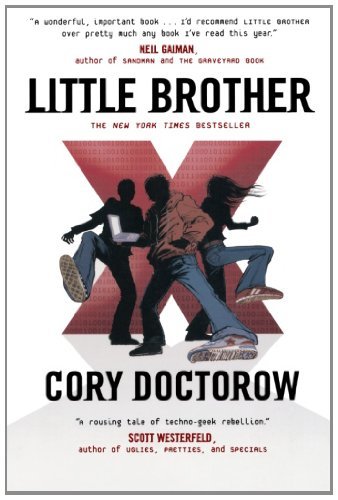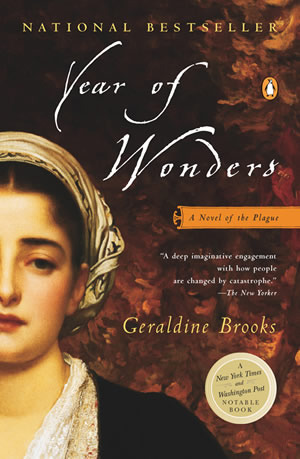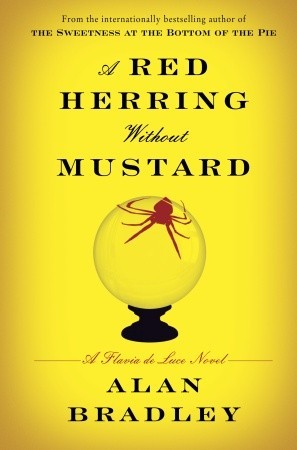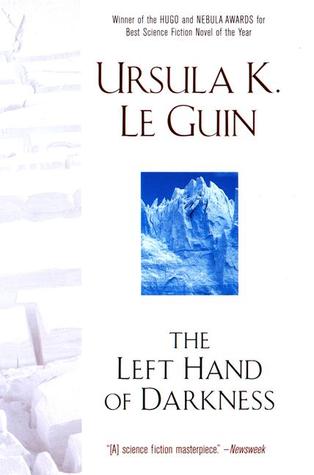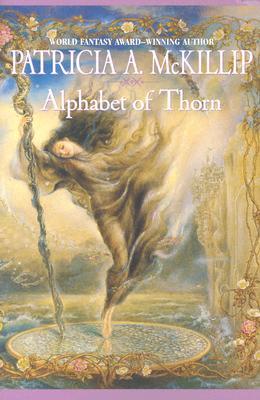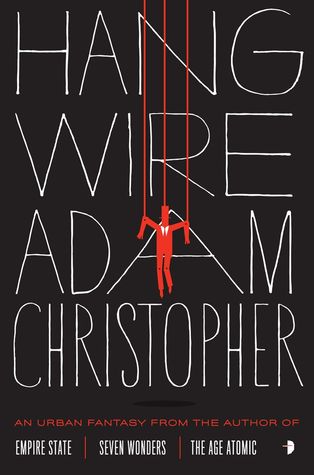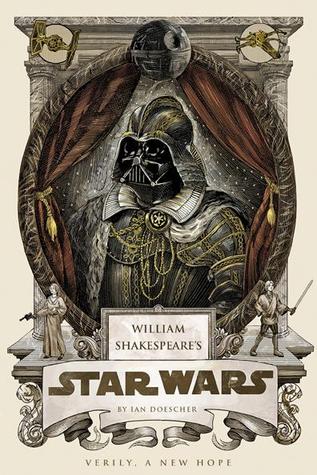Some other blogs I follow do this meme, every Tuesday, and it seemed like a good idea. So! This week the top ten theme picked by The Broke and the Bookish is “top ten new-to-me authors in 2013”. This is pretty hard — I’m rubbish at picking top tens — but hey, with this one I just need to use Goodreads and look among my four and five starred books for this year, and hopefully I should be able to figure something out. They will not, I warn, be in any particular order.
- Cassandra Rose Clarke. I loved The Mad Scientist’s Daughter, which reminded me of a more daring, personal The Positronic Man (Isaac Asimov & Robert Silverberg). All sorts of themes which I love, and there’s something so powerfully sensual about it, too — there’s a physicality to it that surprised me and moved me.
- Georgette Heyer. I think I may technically have read one or two of her detective novels in 2012, but I kept away from her Regency romances, because I thought that was obviously not my thing. How wrong I was! The Talisman Ring, The Reluctant Widow and The Grand Sophy were probably my favourites. Heyer’s romances are actually way more fun (for me) than her detective novels, and often wickedly funny too.
- Karen Lord. I’ve only read part of The Best of All Possible Worlds, but I’m enjoying it, and I really loved Redemption in Indigo. Folk-story type narration and structure, awesome female characters, etc.
- Martha Wells. I’ve only read City of Bones, but I loved it. Non-traditional gender stuff, avoids the easy way out, lots of tasty, tasty world building. I think I’ve bought almost all the rest of her books as a result.
- Franny Billingsley. Oh my goodness, Chime. Just, oh my goodness. I loved the narration, the magic, the things it said about abuse and surviving and living again. I also enjoyed The Folk Keeper and Well Wished — less so, and they’re less touching/heavy subjects, but they’re a lot of fun too.
- Arthur C. Clarke. Yeah, I know, I’m a bit late on this one. But I really enjoyed 2001: A Space Odyssey. I didn’t realise that I’d enjoy his writing style so much — I had him sort of filed away as maybe like H.G. Wells, interesting for ideas but not quite entertaining. Wroooong.
- Lord Dunsany. Yeah, again, I know. I read Time and the Gods and am determined to spend more time reading his stuff: it’s just the sort of mythic, rich stuff I can really dig into.
- C.J. Sansom. I’ve been meaning to read his stuff for quite a while, but this year I finally got round to it. I enjoy his writing style, and while there are bones I have to pick with the Shardlake books, I do enjoy his way of portraying that time period and his choice of protagonist.
- Chris F. Holm. About time another Angry Robot author showed up, doncha think? I love Dead Harvest, etc: it’s funny, it’s a good pastiche of Raymond Chandler, Dashiell Hammett et al., and the covers are amazing. I just had so much fun reading these books.
- David Weber. He and Aliette de Bodard fought a fierce battle for this last spot, but he won. I loved On Basilisk Station, despite many flaws I could find in it. I mean, ten pages of exposition slap bang in the middle of an epic space chase/battle. WHAT. But still. I love Honor and I’m looking forward to reading more of the series.
I’m being good and sticking to the letter of the law: only a top ten. The top ten books I read in 2013 is coming up not next week but the week after: goodness knows how I’ll manage with that. But for now, off I go to bury my nose in the pages of I Am Half-Sick of Shadows (Alan Bradley).

